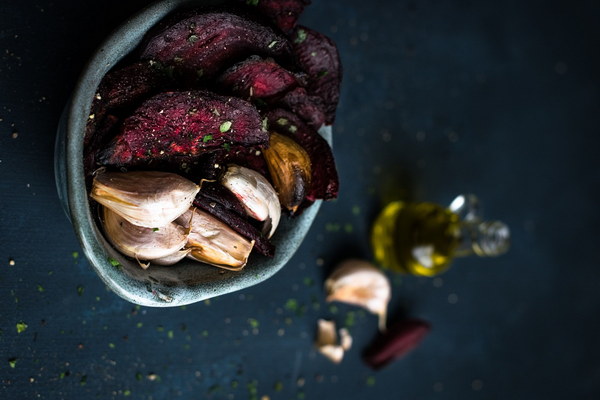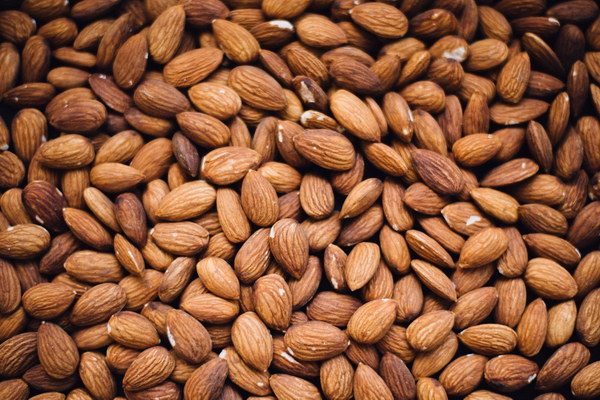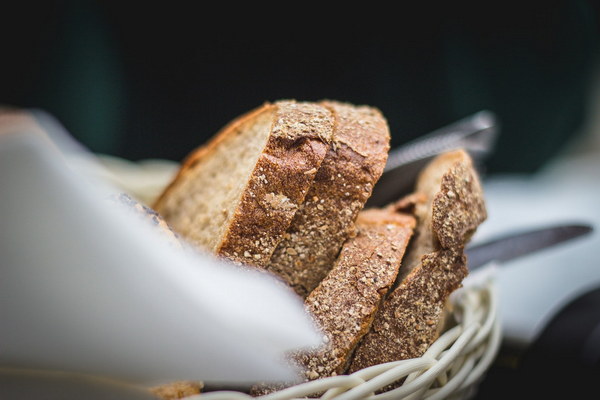Is Scallion Good for Your Stomach Health
Scallions, also known as green onions or spring onions, are a popular ingredient in many cuisines around the world. They add flavor and texture to dishes, but have you ever wondered if they are good for your stomach? In this article, we will explore the potential benefits of scallions for your digestive health and whether they are truly beneficial for your stomach.
Firstly, scallions are rich in vitamins and minerals that can support your digestive system. They contain vitamin C, vitamin A, and vitamin K, which are essential for maintaining healthy gut flora. Vitamin C is an antioxidant that can help protect your gut lining from damage caused by free radicals. Vitamin A is important for the production of mucus, which helps to keep your digestive tract lubricated. Vitamin K plays a crucial role in the absorption of calcium and the maintenance of healthy bones and teeth, which indirectly supports your digestive health.
In addition to vitamins, scallions are also a good source of dietary fiber. Fiber is essential for a healthy digestive system as it adds bulk to your stool, making it easier to pass through your digestive tract. This can help prevent constipation and promote regular bowel movements. The fiber in scallions can also stimulate the production of short-chain fatty acids, which are beneficial for your gut health by reducing inflammation and promoting the growth of beneficial bacteria.
Another reason why scallions may be good for your stomach is their anti-inflammatory properties. Scallions contain compounds such as quercetin and kaempferol, which have been shown to have anti-inflammatory effects. Chronic inflammation in the digestive tract can lead to conditions such as irritable bowel syndrome (IBS), Crohn's disease, and ulcerative colitis. By reducing inflammation, scallions may help alleviate some of the symptoms associated with these conditions.
However, it's important to note that while scallions can offer some digestive health benefits, they may not be suitable for everyone. Some individuals may experience discomfort or digestive issues after consuming scallions, especially if they have certain conditions such as acid reflux, diverticulitis, or a sensitivity to spicy foods. In these cases, it's best to consult with a healthcare professional before incorporating scallions into your diet.
If you are considering adding scallions to your diet to support your stomach health, here are a few tips:
1. Start with small portions: If you are new to scallions, begin by incorporating them into your diet in small amounts to see how your stomach reacts.

2. Cook them: Cooking scallions can reduce their spiciness and make them easier to digest for some individuals.
3. Choose fresh scallions: Fresh scallions are more likely to retain their nutritional value and provide the maximum health benefits.
4. Incorporate them into a balanced diet: Pair scallions with other gut-friendly foods, such as leafy greens, whole grains, and fermented foods, to support your digestive health.
In conclusion, scallions can indeed be good for your stomach health due to their nutrient-rich profile, anti-inflammatory properties, and fiber content. However, it's essential to consider your personal dietary needs and any underlying health conditions before incorporating scallions into your diet. As always, consulting with a healthcare professional is recommended for personalized dietary advice.
Remember, maintaining a healthy digestive system is crucial for overall well-being, and incorporating a variety of nutrient-rich foods, including scallions, can contribute to that goal. So, go ahead and add some scallions to your next meal and enjoy the potential digestive health benefits they may offer!









